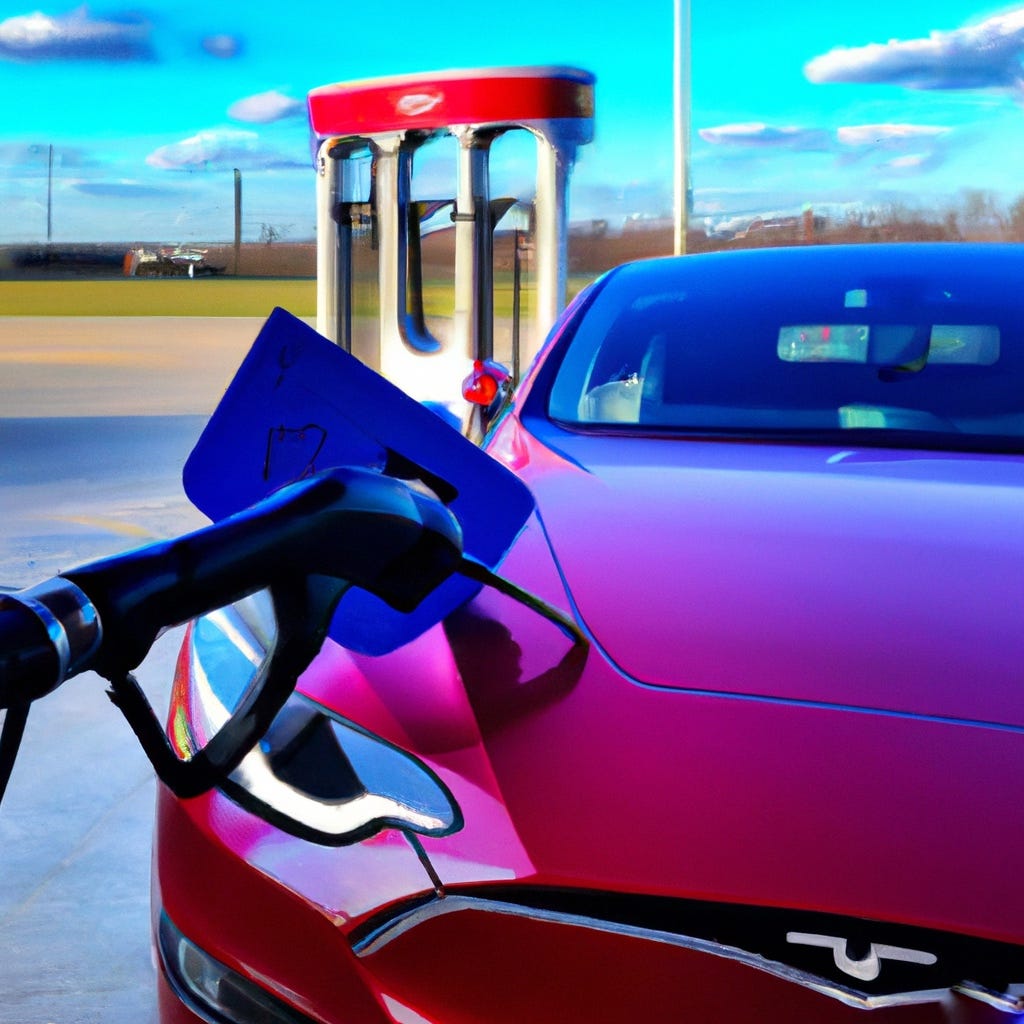
1. Submersible Titan Vanishes Amidst Whistleblower's Safety Concerns
OceanGate's submersible, the Titan, has tragically gone missing during an expedition to the Titanic with at least 5 people onboard. It turns out that a whistleblower had previously raised safety concerns about the vessel's emergency monitoring system back in 2018. The director of marine operations, David Lochridge, was promptly fired after presenting a quality control report that highlighted the numerous safety issues with the submersible, including worries about the carbon fiber hull supplied to OceanGate. Lochridge had the audacity to suggest non-destructive testing and certification by a classification agency, but apparently, those were just irritating suggestions that OceanGate conveniently ignored. Instead, they relied on their groundbreaking acoustic monitoring system, which probably provides about as much forewarning as a popcorn kernel popping in the microwave. Lochridge believed that milliseconds of warning before a catastrophic implosion might not be enough of a warning. Shocking, right? Well, not to OceanGate, who fired Lochridge and continued business as usual. Fast forward to the present, and the Titan is missing, with a search and rescue operation in progress.
2. Tesla's Electrifying Power Play
Tesla has added yet another competitor to its ever-expanding Supercharger network. Rivian Automotive, a startup in the electric-vehicle world, has surrendered to the irresistible allure of Tesla's fast-chargers. This new deal ensures that Rivian drivers will have access to over 12,000 Tesla Superchargers across the U.S. and Canada by 2024. And if that wasn't enough, Rivian plans to adopt Tesla's charging-port configuration in their future models. Automakers are eagerly jumping on the Tesla connector bandwagon as we move towards a Tesla monopoly as the universal charging standard.
3. Texas Gives Tesla a Jolt of Victory, Leaves Biden's Charging Dreams in the Dark
Texas, the land of everything bigger and better, has officially bowed down to the mighty Tesla. In a stunning victory for the electric vehicle giant, Texas has decreed that all state-backed charging stations must include Tesla's plug, alongside the nationally recognized CCS plug. This is a bit of a slight to the Biden administration who has been pushing for CCS to be the dominant charging standard in the United States. The decision by Ford, GM, and Rivian to jump on the Tesla bandwagon has forced Texas to bend the knee. Now, the Lone Star State will become a shining example to the rest of the country, as it elevates Tesla's charging technology to national standard status. Other states better brace themselves because Texas has set the sparkly, electric precedent, and it's going to shock the charging market. How many electricity puns can we squeeze into one paragraph, huh?
4. Cisco's SiliconOne: The Magical Chips That Can Make Your Printer Stop Jamming... Sometimes
Cisco Systems, in a valiant effort to keep up with its competitors, has launched new AI networking chips to take on the likes of Broadcom and Marvell. Cisco's SiliconOne chips are currently being tested by some big players in the cloud industry and are critical for supercomputers running AI applications like ChatGPT, which we all know is changing the world in groundbreaking ways. Cisco claims their new ethernet switches, the G200 and G202, are twice as powerful as the previous generation, as if that's supposed to impress us. Cisco needs us to know that their chips will make AI and machine learning tasks easier, more efficient, and all that jazz. A dream come true thanks to Cisco!
5. India as the Next Semiconductor Powerhouse?
India's cabinet has given the green light to Micron Technology's $2.7 billion plan for a chip testing plant, just in time for Prime Minister Narendra Modi's visit to the United States. What better way to impress foreign leaders than by approving massive incentives for a plant in Modi's home state of Gujarat? Clearly, this move has nothing to do with the size of the incentive package or the desire to cozy up to American companies. No, it's all about fulfilling Modi's semiconductor dreams. Let's not forget that this plant won't actually manufacture chips, it will just test and package other companies' chips for now. Maybe in the future they'll focus on the missing and critical piece of the puzzle: actually manufacturing it themselves. But hey, baby steps, right?

